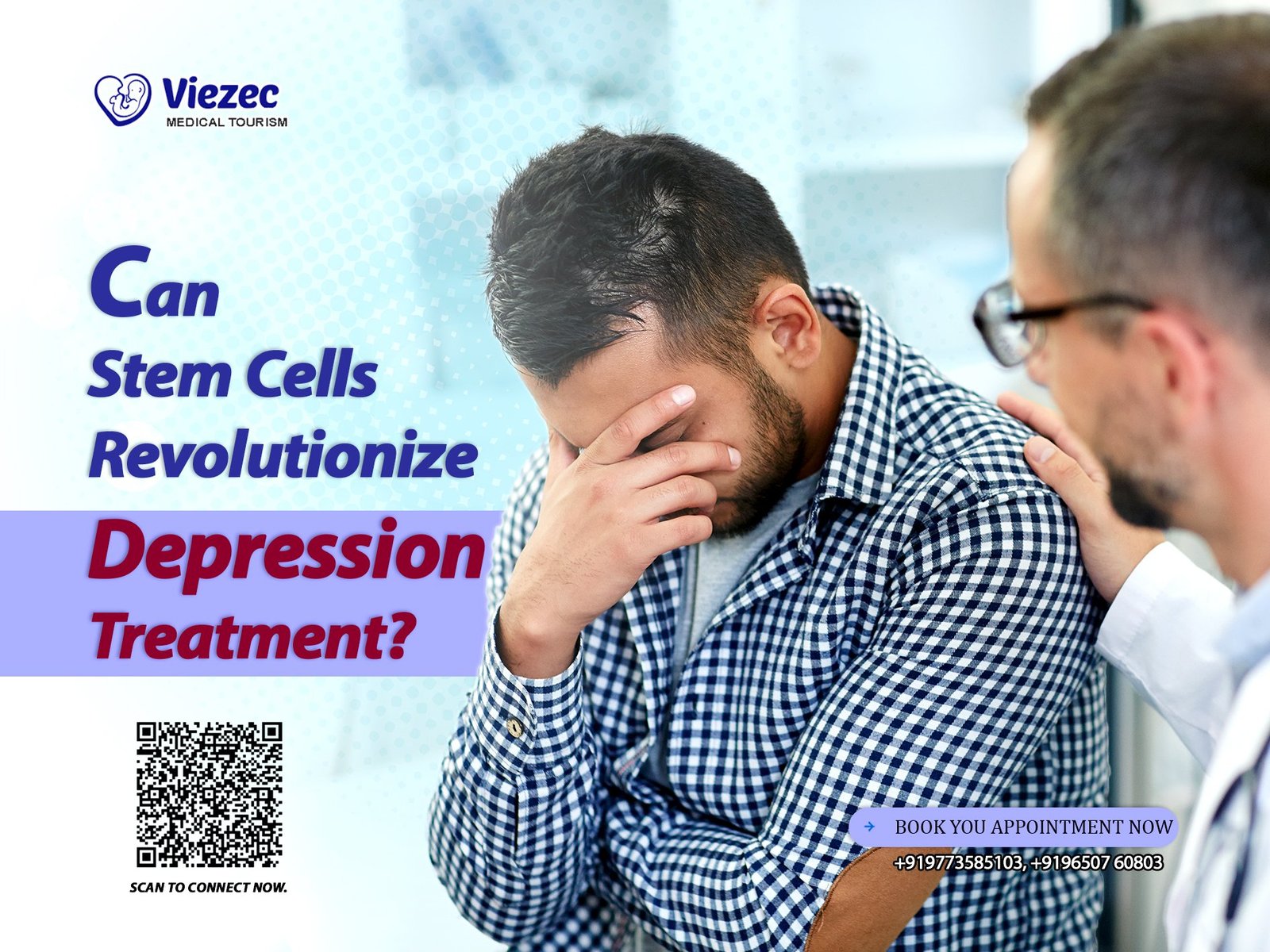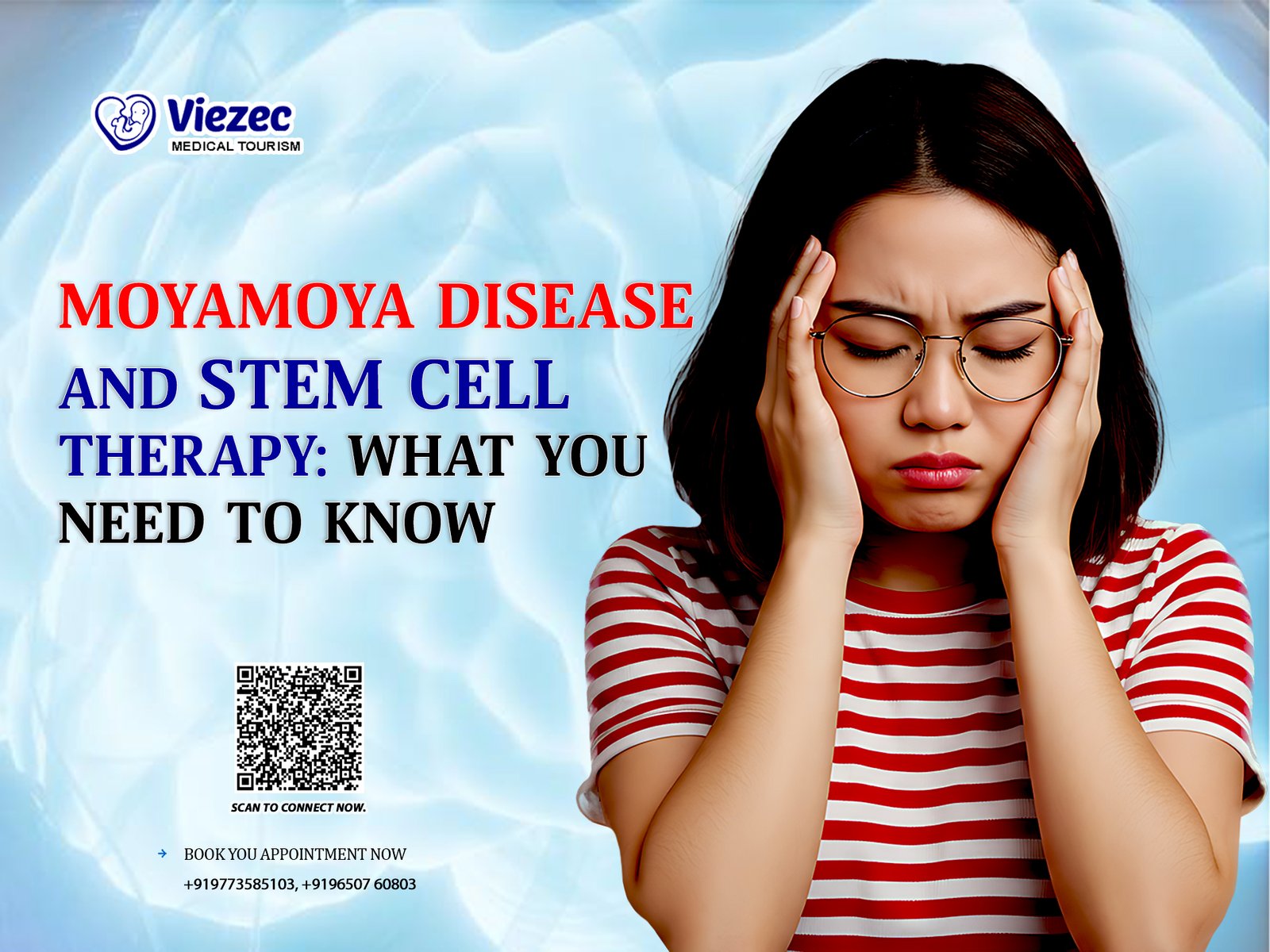Stem cells are the body’s raw materials, capable of developing into specialized cell types with unique functions. These remarkable cells have the potential to repair, regenerate, and replace damaged tissues, making them a cornerstone of regenerative medicine. Stem cell therapy has emerged as a groundbreaking approach in modern medicine, offering hope for conditions previously deemed untreatable. From repairing heart tissue to restoring neural function, stem cells are revolutionizing healthcare. In the context of gastrointestinal disorders, stem cells hold immense promise for addressing rare and complex gut conditions. By harnessing their regenerative capabilities, researchers are exploring innovative ways to heal damaged intestinal linings, reduce inflammation, and restore normal gut function. This blog delves into the transformative role of stem cells in combating rare gut conditions, offering insights into current research, challenges, and future possibilities.
Understanding Rare Gut Conditions
Rare gut conditions, such as Crohn’s disease, ulcerative colitis, and Hirschsprung’s disease, are complex disorders that significantly impact patients’ quality of life. Crohn’s disease and ulcerative colitis, both forms of inflammatory bowel disease (IBD), cause chronic inflammation of the digestive tract, leading to symptoms like abdominal pain, diarrhea, and weight loss. Hirschsprung’s disease, a congenital condition, results from the absence of nerve cells in parts of the colon, causing severe constipation and bowel obstruction. Diagnosing these conditions is often challenging due to their overlapping symptoms and the lack of definitive tests. Treatment options are limited, with many patients relying on lifelong medications or surgeries. The unpredictable nature of these diseases underscores the need for innovative therapies like stem cell treatment, which aims to address the root causes rather than merely managing symptoms.
Role of Stem Cells in Regenerative Medicine
Stem cells play a pivotal role in regenerative medicine by promoting tissue repair and regeneration. They can differentiate into various cell types, including intestinal cells, making them ideal for treating gastrointestinal disorders. Mesenchymal stem cells (MSCs), derived from bone marrow or adipose tissue, are particularly promising due to their anti-inflammatory and immunomodulatory properties. These cells can migrate to damaged areas, reduce inflammation, and stimulate the growth of healthy tissue. In the context of gut health, stem cells are being used to repair the intestinal lining, restore normal gut function, and modulate the immune response. By addressing the underlying causes of gut conditions, stem cell therapy offers a holistic approach to treatment, potentially reducing the need for invasive surgeries or lifelong medications.
Current Research on Stem Cells and Gut Health
Recent studies have highlighted the potential of stem cell therapy in treating rare gut conditions. For instance, clinical trials involving MSCs have shown promising results in reducing inflammation and promoting healing in patients with Crohn’s disease and ulcerative colitis. Preclinical studies on Hirschsprung’s disease have demonstrated the ability of stem cells to generate functional nerve cells in the colon, offering hope for a cure. Breakthroughs in stem cell technology, such as induced pluripotent stem cells (iPSCs), have further expanded the possibilities for personalized treatments. These advancements underscore the transformative potential of stem cells in gastroenterology, paving the way for more effective and targeted therapies.
Mechanisms of Stem Cell Therapy in the Gut
Stem cells exert their therapeutic effects through multiple mechanisms. They modulate the immune system, reducing inflammation and preventing further damage to the gut. Additionally, stem cells secrete growth factors and cytokines that promote tissue repair and regeneration. In the context of inflammatory bowel disease, stem cells help restore the integrity of the intestinal lining, which is often compromised in patients. For congenital conditions like Hirschsprung’s disease, stem cells offer the potential to replace missing nerve cells, restoring normal bowel function. These multifaceted mechanisms make stem cell therapy a versatile and powerful tool in the fight against rare gut conditions.
Stem Cell Therapy for Crohn’s Disease
Crohn’s disease is a chronic inflammatory condition that affects the entire digestive tract, causing pain, diarrhea, and malnutrition. Traditional treatments, such as immunosuppressants and biologics, often provide only temporary relief. Stem cell therapy offers a novel approach by targeting the underlying inflammation and promoting tissue repair. Clinical trials have shown that MSCs can reduce symptoms and improve quality of life in Crohn’s patients. By addressing the root cause of the disease, stem cell therapy holds the potential to achieve long-term remission, offering hope to millions of patients worldwide.
Stem Cell Therapy for Ulcerative Colitis
Ulcerative colitis, another form of IBD, causes inflammation and ulcers in the colon and rectum. Symptoms include bloody diarrhea, abdominal pain, and fatigue. While medications can help manage symptoms, they often fail to provide lasting relief. Stem cell therapy is emerging as a promising treatment option, with studies showing that MSCs can reduce inflammation and promote healing in the colon. By restoring the damaged intestinal lining, stem cells offer the potential for long-term remission, improving patients’ quality of life and reducing the need for surgeries.
Stem Cells and Hirschsprung’s Disease
Hirschsprung’s disease is a rare congenital condition characterized by the absence of nerve cells in parts of the colon, leading to severe constipation and bowel obstruction. Current treatments involve surgical removal of the affected colon segment, but this approach does not address the underlying issue. Stem cell therapy offers a groundbreaking solution by generating functional nerve cells to replace the missing ones. Preclinical studies have shown promising results, raising hopes for a cure for this debilitating condition.
Challenges in Stem Cell Therapy for Gut Conditions
Despite its potential, stem cell therapy faces several challenges. Ethical concerns, particularly regarding the use of embryonic stem cells, remain a contentious issue. Regulatory hurdles and the high cost of treatment also limit accessibility. Additionally, the long-term risks and efficacy of stem cell therapies are not yet fully understood. Addressing these challenges requires continued research, ethical oversight, and collaboration between scientists, clinicians, and policymakers.
Personalized Medicine and Stem Cells
Personalized medicine aims to tailor treatments to individual patients based on their genetic makeup and disease characteristics. In the context of stem cell therapy, genetic profiling can help identify the most effective treatment strategies for each patient. For example, iPSCs can be derived from a patient’s own cells, reducing the risk of rejection and improving outcomes. By combining stem cell therapy with personalized medicine, researchers are paving the way for more precise and effective treatments for rare gut conditions.
Combining Stem Cells with Other Therapies
Integrating stem cell therapy with traditional treatments can enhance its effectiveness. For instance, combining stem cells with immunotherapy can amplify the immune-modulating effects, leading to better outcomes for patients with inflammatory bowel disease. Similarly, stem cells can be used alongside surgical interventions to promote healing and reduce complications. These synergistic approaches highlight the versatility of stem cell therapy and its potential to revolutionize the treatment of rare gut conditions.
Success Stories: Patients Benefiting from Stem Cell Therapy
Real-life case studies demonstrate the transformative potential of stem cell therapy. For example, a patient with severe Crohn’s disease experienced significant improvement after receiving MSC therapy, with reduced inflammation and improved quality of life. Similarly, a child with Hirschsprung’s disease showed promising results in preclinical stem cell trials, raising hopes for a cure. These success stories underscore the life-changing impact of stem cell therapy and its potential to offer hope to patients with rare gut conditions.
Global Efforts and Collaborations in Stem Cell Research
International collaborations are driving progress in stem cell research, with public and private partnerships playing a crucial role. Initiatives like the International Society for Stem Cell Research (ISSCR) are fostering collaboration and knowledge-sharing among scientists worldwide. These efforts are accelerating the development of stem cell therapies for rare gut conditions, bringing hope to patients and their families.
How Patients Can Access Stem Cell Treatments
Patients seeking stem cell treatments can explore clinical trials and experimental therapies through resources like ClinicalTrials.gov. Consulting with healthcare providers and joining patient advocacy groups can also provide valuable support and information. By staying informed and proactive, patients can access the latest advancements in stem cell therapy and improve their chances of successful treatment.
Promise of Stem Cells in Transforming Gut Health
Stem cells hold immense promise in the fight against rare gut conditions, offering hope for patients who have exhausted traditional treatment options. By addressing the root causes of these diseases, stem cell therapy has the potential to achieve long-term remission and improve quality of life. As research continues to advance, the medical community must work together to overcome challenges and unlock the full potential of stem cells.
Call to Action: Supporting Stem Cell Research
Readers can support stem cell research by advocating for increased funding, participating in clinical trials, and raising awareness about the transformative potential of stem cell therapy. By working together, we can accelerate progress and bring hope to patients with rare gut conditions.











